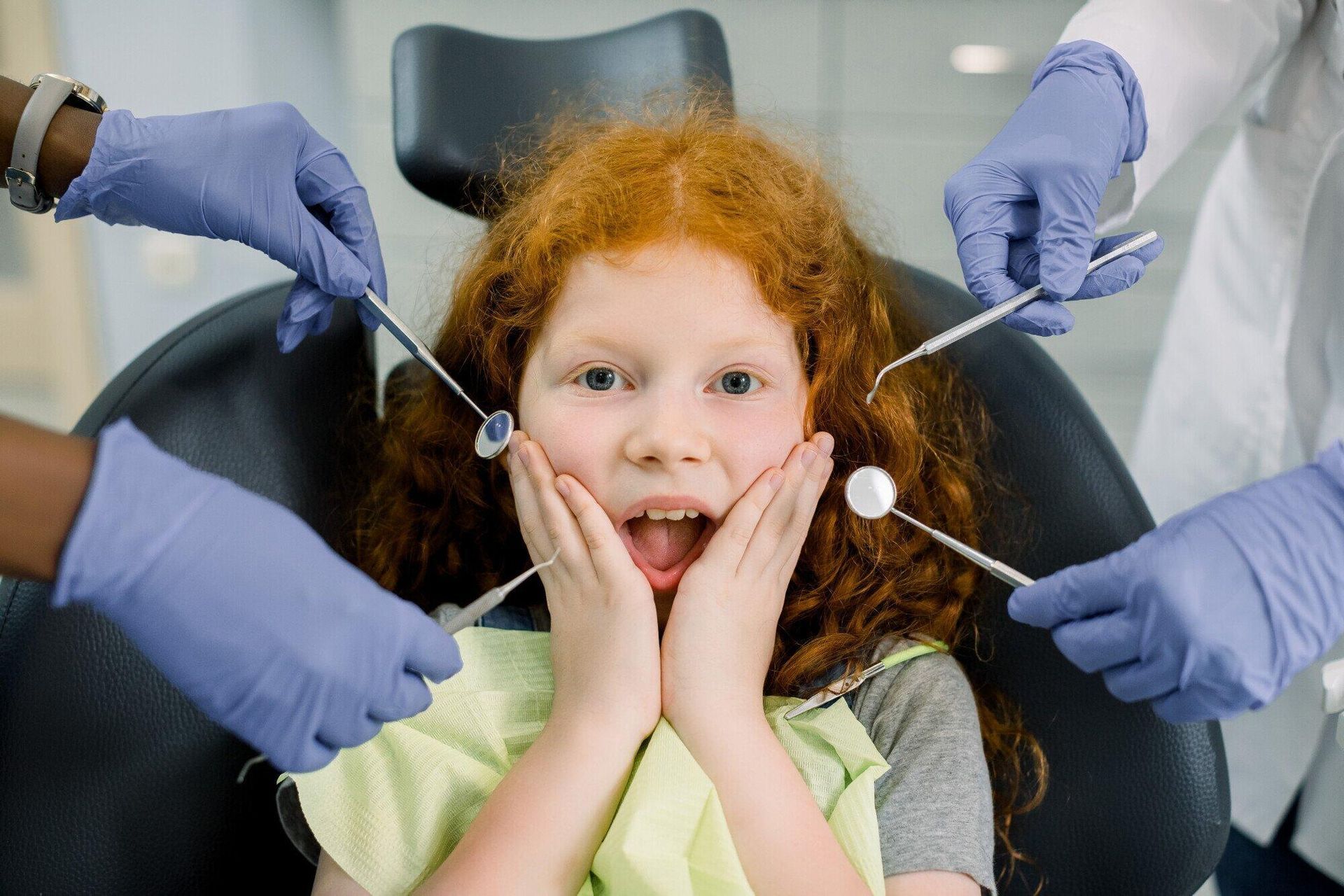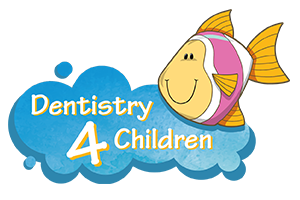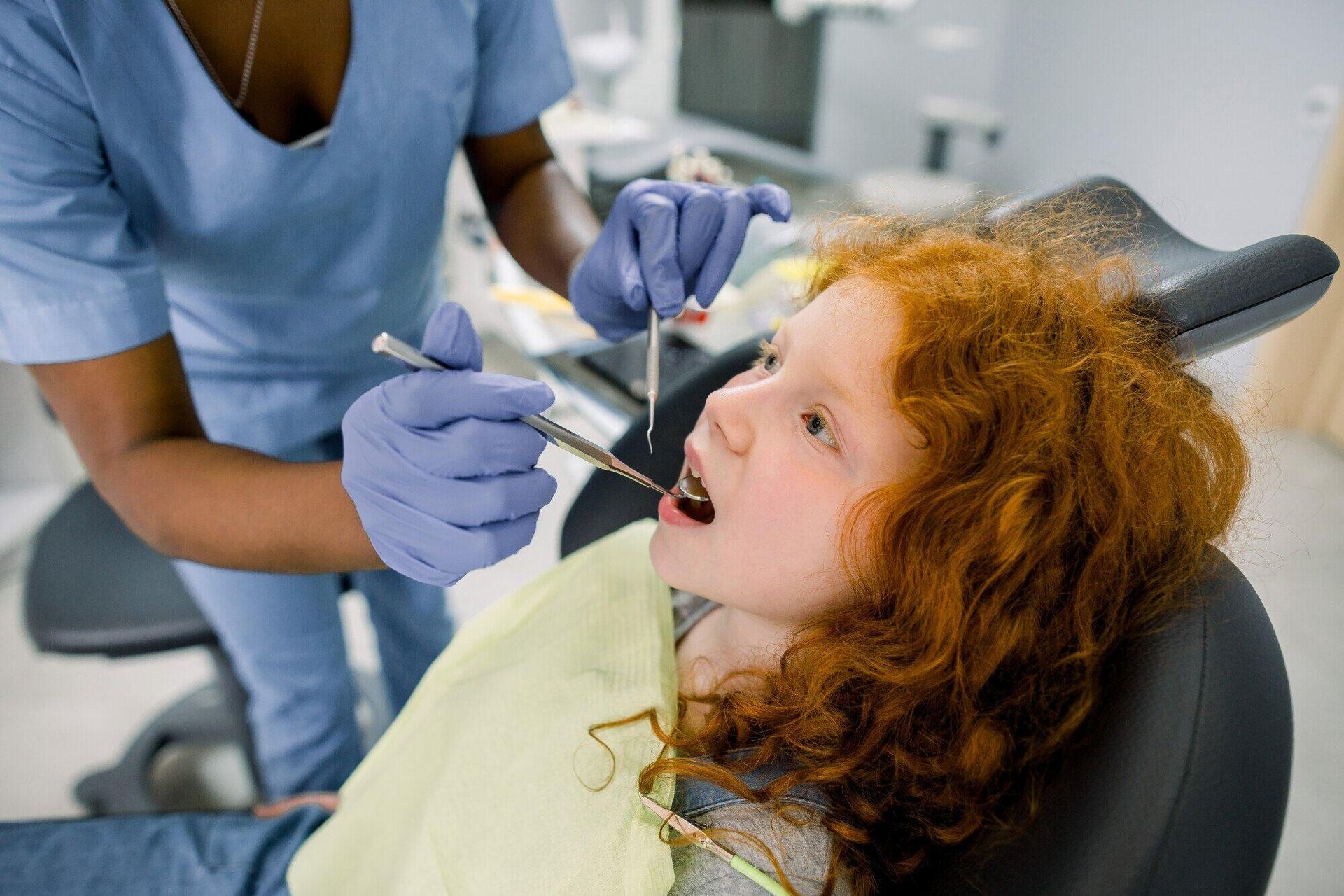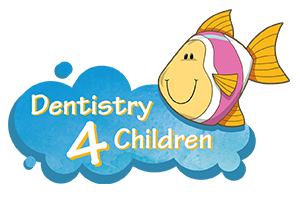Dental Cavities in Children
Your child brushes her teeth, flosses, and uses age-appropriate mouthwash. Yet, your dentist said she had at least one cavity at her last checkup. Is this normal?
It may be common, but that doesn't mean you should ignore it. According to research published by the National Institute of Dental and Craniofacial Research, nearly a quarter of children develop cavities between the ages of two and five. Although statistics are trending downward from previous years, cavities still remain a big concern for kids.
How do cavities form, and what can we do about them? Read on for our guide to the causes of cavities, preventative measures, and cavity treatment options.
What Exactly Is a Cavity?
Cavities tend to form when bacteria in the mouth start producing acid. The stages of cavity formation include:
- Demineralization: acid leeches minerals from tooth enamel
- Enamel decay: acid erodes through the enamel
- Dentin decay: decay reaches the soft dentin layer
- Pulp decay: untreated decay reaches the tooth's pulp, causing potential pain and infection
Sometimes, what appears to be a cavity is something else entirely. Only a dentist can properly diagnose oral health problems.
Do Cavities in Baby Teeth Matter?
Baby teeth aren't permanent. If your child develops a cavity in a tooth they're going to lose, does it matter? If left untreated, cavities in baby teeth can lead to:
- Painful infections
- Discomfort while chewing
- Speech impediments
Plus, cavities in baby teeth can have lasting effects. For example, early loss of an infected baby tooth can cause permanent teeth to grow in crooked, increasing the need for orthodontic treatment.
How Do Cavities Form in Children's Teeth?
According to Johns Hopkins, children are at an increased risk of developing cavities if they have:
- High levels of oral bacteria
- A diet that is high in sugar and starch
- Limited access to fluoride-treated water
- Low saliva flow
- Poor oral hygiene
Baby teeth are considered at increased risk of developing cavities because these impermanent teeth have thinner enamel. This is why it's important to start professional oral health care early.
How Do Dentists Treat Children's Cavities?
You started out asking, "How do cavities form in children?" While cavity prevention is the first line of defense, there may come a time when cavity treatment is necessary. Here are the top three cavity treatment options your pediatric dentist may recommend.
Tooth Fillings
If your dentist catches a cavity before dentin decay occurs, you're likely looking at a small to medium-sized cavity. We can treat cavities of this size using fillings.
Fillings can stop the decay from spreading and eliminate mild oral pain. Plus, they won't hinder your child's ability to brush and floss as normal.
Dental Crowns
If a cavity has progressed and a filling isn't big enough, we may treat the tooth with a dental crown. Crowns serve as a cap that protects the tooth pulp and root and reduces sensitivity.
For visible teeth, we'll match the crown to the color of your child's tooth for a natural appearance. For rear teeth, we may opt for a lower-cost silver crown.
Tooth Extractions
We will only extract the tooth in severe cases, such as infection. We will always assess ways to preserve the tooth first.
Talk to your kids and teens about oral health concerns and how to start taking better care of their teeth to avoid severe decay and infections.
How Can Families Prevent Cavities?
Is it possible to prevent tooth decay in children? The simple answer is yes, but it takes effort and know-how. Here are some of our top tips that families can use to keep cavities at bay.
Practice Great Oral Hygiene
Build a great oral hygiene routine as soon as your toddler's first tooth erupts. Make sure to use age-appropriate toothpaste and a small, soft-bristled toothbrush.
As your child gets older, teach them great oral health methods. Use an electric toothbrush with a timer or hum a two-minute song to make brushing fun. Offer easy-to-use flossing tools until your child is at least ten years to make flossing more accessible.
Look Out for Sugary and High-Starch Foods
While you don't need to opt for a sugar-free diet to prevent cavities, it's important to moderate cavity-causing foods. This includes:
- Sticky snacks like gummy candy
- High-starch snacks like potato chips
- Acidic drinks like soda
If your kids love these kinds of snacks, start to slowly replace them with healthy snacks. Work together to find alternatives they love, like cheese, nuts, and sliced apples.
Quench Thirst with Water
Drinking water is a great way to wash away food particles before they can damage the teeth. Encourage your kids to drink water with meals and snacks, rather than drinks that can contribute to cavity formation (like juice or soda).
Be mindful of what you're putting in your baby's bottle, as well. Try to avoid sending your little one to bed with a bottle full of formula. When they're old enough, send them to bed with water, instead.
Say Yes to Fluoride
Fluoride is a naturally occurring mineral that can reverse decay in its early stages. In addition to drinking fluoride-treated water, start using fluoride products to clean your toddler's teeth around age two.
According to the Cleveland Clinic, the amount of fluoride in products like toothpaste is well below the toxicity level. In these small amounts, fluoride is perfectly safe to use.
Get Children's Dental Care
As we mentioned earlier, only a dentist can diagnose oral health problems like cavities. Plus, cleanings and exams play a pivotal role in cavity prevention.
Start scheduling dental appointments for your baby when their first tooth erupts. Early treatment sets your child on the path to great oral health.
Come to Dentistry 4 Children for Friendswood Dental Care
How do cavities form in children's teeth? Cavity formation can happen at any age, especially without proper oral health care and a diet high in sugar and starch.
Dentistry 4 Children is operated by Dr. Richardson, who is board-certified and a Diplomate of the American Board of Pediatric Dentistry. Since 1996, she has devoted her career to pediatric dentistry, specializing in care for children with special needs.
Book an appointment today.














